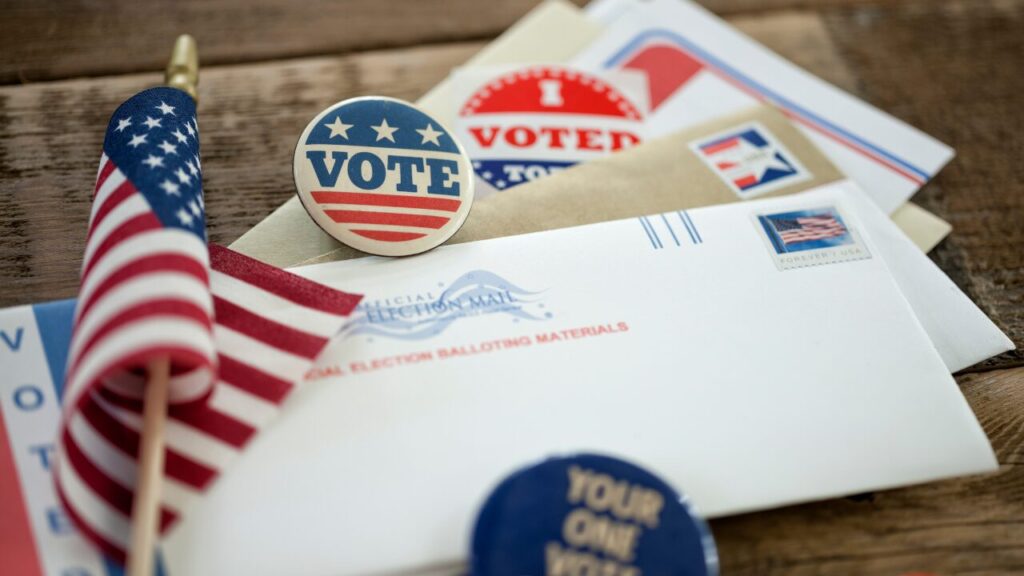
Introduction
Once the votes are cast and the polls close, many assume the election process is over. However, the period following an election is equally critical, involving certification of results, potential recounts, and the transition of power. This article will explain what happens post-election, the importance of staying engaged in local and national politics, ways to hold elected officials accountable, and opportunities for civic involvement and community engagement.
What Happens After the Election?
Certification of Results
After the ballots are counted, the results must be officially certified. This process includes:
- Canvassing Votes: Election officials review and verify the vote totals from all polling places to ensure accuracy.
- Provisional Ballots: Provisional ballots, cast when there are questions about a voter’s eligibility, are reviewed and counted once eligibility is confirmed.
- Official Certification: Once all votes are verified, election officials certify the results, making them official. This process can take several days to weeks, depending on the jurisdiction and complexity of the election.
Recounts and Challenges

In close races, candidates may request a recount or challenge the results. This process involves:
- Recount Procedures: Recounts can be automatic if the margin of victory is within a certain threshold or requested by a candidate. The process varies by state and may include a manual recount of ballots.
- Legal Challenges: Candidates can challenge the results in court if they believe there were significant irregularities or errors. These legal proceedings must follow specific guidelines and are often resolved before certification.
Transition of Power
For federal and state offices, a transition of power occurs if a new candidate is elected. This involves:
- Preparation and Briefings: The outgoing administration prepares to transfer responsibilities, providing briefings and access to resources for the incoming team.
- Inauguration and Swearing-In: Newly elected officials are inaugurated and take the oath of office, officially beginning their term.
Importance of Staying Engaged
Continuous Political Awareness
Staying politically aware between elections is crucial for understanding how policies and decisions impact your community. This involves:
- Following News and Developments: Keep up with local, state, and national news to stay informed about government actions and policies.
- Understanding Legislative Processes: Learn how laws are made and how you can influence legislative decisions through advocacy and communication with representatives.
Community Involvement
Active participation in your community helps build a stronger, more informed electorate. Consider:
- Attending Town Hall Meetings: These meetings provide a platform to engage with local officials, ask questions, and express concerns.
- Joining Local Organizations: Participate in civic groups or non-profits that focus on issues important to you, providing opportunities to effect change at the grassroots level.
Holding Elected Officials Accountable
Communication and Advocacy

Holding elected officials accountable ensures they represent their constituents’ interests. Effective strategies include:
- Contacting Representatives: Reach out to your elected officials through calls, emails, or letters to express your views on specific issues.
- Participating in Public Comment Periods: Many government bodies allow public comments during meetings, providing an opportunity to voice opinions on proposed policies.
Monitoring Performance
Track the performance of your elected officials to ensure they fulfill their campaign promises and act in the public’s best interest:
- Review Voting Records: Check how your representatives vote on key issues and whether their actions align with their stated positions.
- Utilize Accountability Tools: Use platforms like GovTrack.us and VoteSmart.org to monitor the activities and performance of elected officials.
Opportunities for Civic Involvement
Volunteering and Advocacy
Volunteering and advocacy are powerful ways to stay engaged and make a difference:
- Campaign Volunteering: Support candidates or causes you believe in by volunteering for campaigns, helping with phone banking, canvassing, and voter registration drives.
- Issue Advocacy: Advocate for issues that matter to you by joining or supporting advocacy groups, attending rallies, and participating in letter-writing campaigns.
Civic Education

Educating yourself and others about the political process strengthens democracy:
- Attend Workshops and Seminars: Many organizations offer educational workshops on civic engagement, public policy, and effective advocacy.
- Educate Your Community: Share what you learn with friends, family, and neighbors, encouraging them to stay informed and involved.
Conclusion
Post-election activities, from the certification of results to the transition of power, are crucial for maintaining the integrity of the electoral process. However, civic engagement should not end once the votes are counted. Staying politically aware, holding elected officials accountable, and actively participating in your community are essential for a healthy democracy. By staying engaged, you help ensure that government actions reflect the will of the people and contribute to a more informed and active electorate. Your ongoing involvement is vital for sustaining the democratic process and fostering positive change in your community and beyond.
Brent is the Managing Partner of CatchMark Technologies and a seasoned technologist with over 25 years of experience in IT leadership, cybersecurity, and technical operations. He began his career serving in the U.S. Army, where he worked extensively with electronics—laying the foundation for his lifelong passion for technology and problem-solving. Brent holds a Certified Information Systems Security Professional (CISSP) certification and currently leads CatchMark’s Cybersecurity and Tech Support teams. Known for his strategic thinking and hands-on expertise, he excels in guiding secure, scalable solutions and driving innovation across complex technical environments.
Must See
-


Community
/ 11 hours agoPetunia Patrol: Keeping White Lake Beautiful
Each summer, the streets of Montague and Whitehall burst into color, lined with lush,...
By Amy Yonkman -


Arts/Entertainment
/ 14 hours agoWhite Lake Area Live Music Lineup: June 2–8, 2025
Eight Whitehall and Montague venues are bringing the music this week, with 21 live...
By Amy Yonkman -


Community
/ 2 days agoFishing the White Lake Region: A Late May 2025 Update
As we approach the end of May, anglers in the White Lake area, encompassing...
By Kara Raeth











